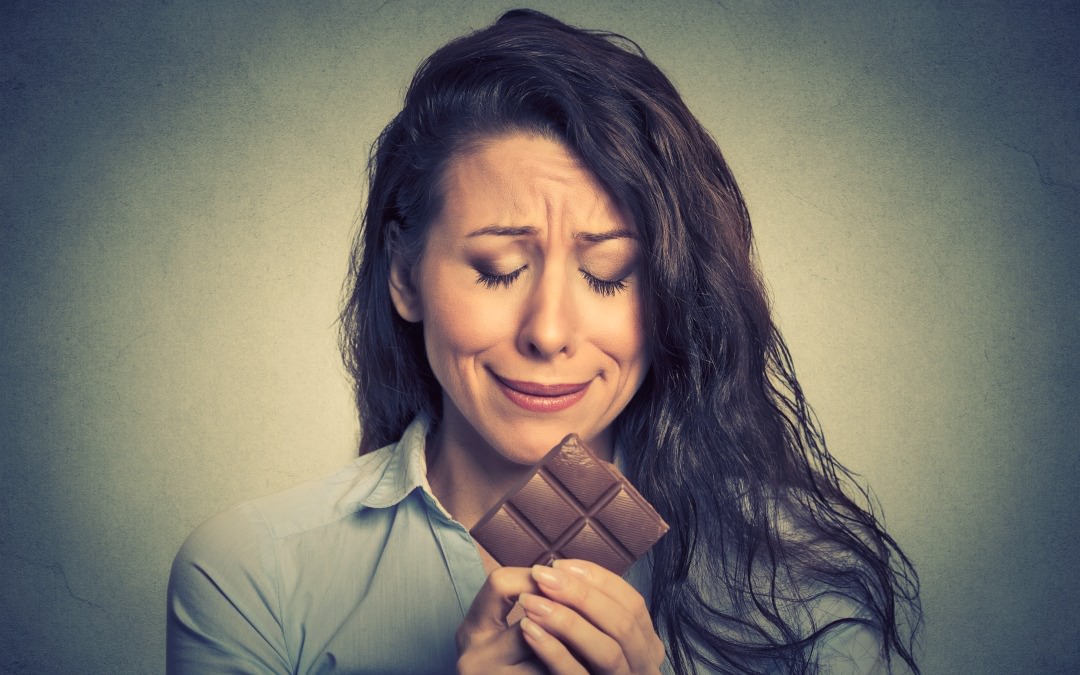What Kind of Eater Are You?

It is not only what we eat, but how we eat that has a profound effect on our health and wellness. Much of our modern lives revolve around convenience and the mounting pressure for sky-high productivity. Many people actually feel that taking the time out to fully enjoy a meal has become something of a guilty pleasure. With this article, I invite you to adopt a counter-cultural stance, and to consider how incredibly important it is to take time out to leisurely enjoy one of life’s greatest pleasures.
How often do you assess your mental/emotional state before a meal? Have you noticed how the state you are in greatly affects not only your choices on what to eat, but also how you eat and how much you eat? Eating in a state of stress constricts blood flow to our stomach and therefore greatly impedes digestion. When digestion is not working properly bloating, gas, constipation, low energy and ultimately weight gain ensue.
As the obesity epidemic is dangerously on the rise, becoming a slow eater is a simple, easy and free part of the solution. According to a new study reported by the BBC, “speedy eating doubles your risk of weight gain. Filling your stomach too quickly interferes with the body’s feedback system that tells you are full, simply by not letting the signals catch up to consumption. While wolfing down meals may have once had an evolutionary advantage in the days of hunter-gatherer times, today, our health depends on leaving that habit behind.”
To make any change in our lives, we need to first understand clearly where we are at, and make realistic and attainable goals for change from there. What kind of eater are you? A fast eater, a slow eater? A stand-over-the-kitchen-counter eater? An eat-in-the-car eater? Or perhaps you take most of your daily meals at the computer and wonder how that food disappeared so quickly because you cannot even remember eating it?
Mindful eating encompasses using all of your senses to eat. Notice the color, smell, taste and texture of each bite.
Try a few of these simple tips for mindful eating:
Sit in silence for one minute before you begin eating. Take 3 deep breaths.
Only eat when you are sitting down at a table without the distractions of a TV, computer, book or magazine.
Do not eat when you are upset.
Eat until you are 80% full.
Sit for a few minutes after you finish eating; say thanks after your meal, talk with a friend or take a light stroll.
After you are finished, notice how the food you just ate makes your body feel.
The second part to this equation is chewing. Chewing leads to smooth digestion and greater assimilation of nutrients because it initiates the release of digestive enzymes and breaks down food, making vitamins, minerals, and proteins available for maximum absorption. Chewing properly involves counting each bite to make sure you chew 20-30 times before you swallow. Take to the simple practice of putting your fork down while you are chewing.
These concepts are simple, yet powerful tools toward living a less stressful life. I strongly encourage you to make a solid one-week commitment to mindful eating and chewing. It won’t be easy, but you will be amazed at how your relationship with food changes and improves, and at how much more peaceful and energetic you feel. We have so much more control over own health and well being than we think. Breathe deep and enjoy!





